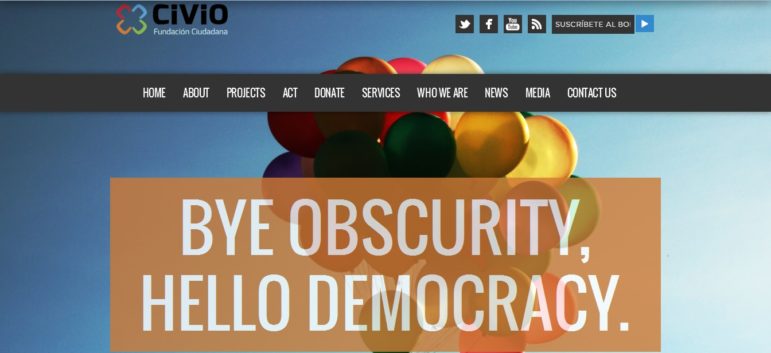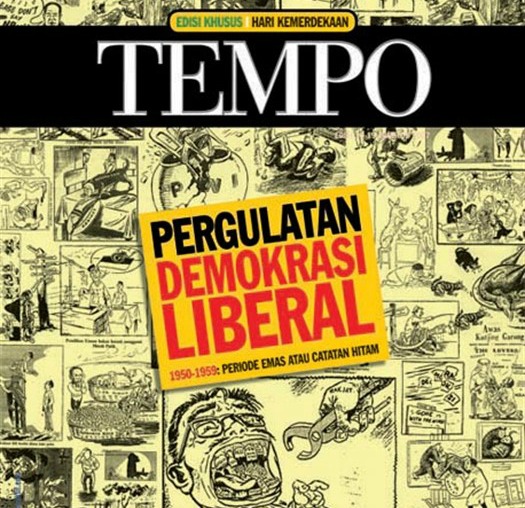
Member Profiles
GIJN Member Civio: Fighting for Transparency in Spain
Access to public information, accountability and participatory democracy may have been a reality in many countries for some time — but in Spain they sounded like a utopia. Entrepreneur Jacobo Elosua and computer technician David Cabo decided that this had to change. Their brainchild, Civio, was just recognized with the Gabriel Garcia Marquez award in innovative journalism for its Medicamentalia investigation.








